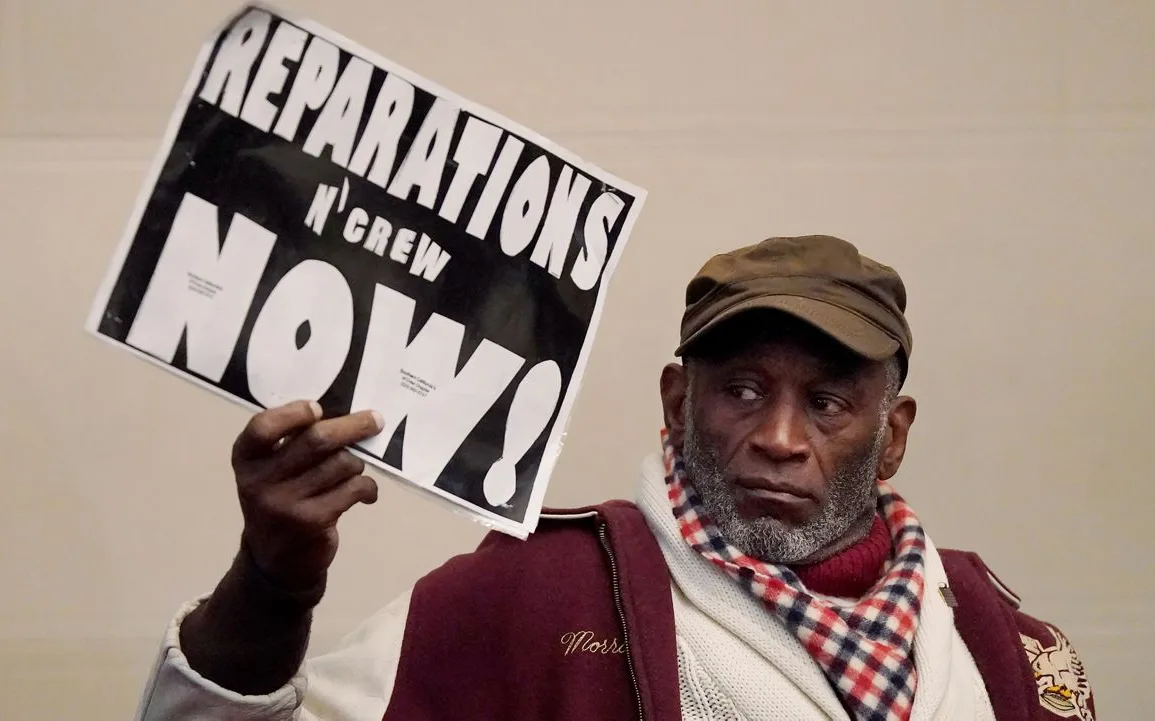The U.S. Supreme Court in June struck down affirmative action as an avenue to ensure racial equity in college and university admissions.
Since then, community leaders and others have been searching for alternative ways to create equity and close the wealth gap.
One example? The New York State Legislature passed a bill sponsored by Senator James Sanders and Assembly Member Michaelle Solages that would form a commission to study reparations for descendants of enslaved people.
It’s not clear if Gov. Kathy Hochul will sign the bill, however, she has spoken out against the Supreme Court’s decision on affirmative action.
“The Supreme Court’s decision sets a precedent that there is not a way for us as a society to think about equity in a variety of areas,” said Valerie White, senior executive director for New York’s Local Initiatives Support Corporation, a nonprofit community development financial institution that supports community development initiatives across the country.
Capital Tonight asked White about the types of data that would be collected, if the bill is signed into law.
“Gaps…in terms of equity, in terms of household income, health disparities, access to things like home ownership, access to education,” she explained. “But also, how all that impacted over a 400-year period people who were enslaved and the descendants of the enslaved.”
Once those gaps are quantified, the commission would be asked to recommend restorative programming and investments that would need to be made in New York.
According to reporting by Capital Tonight’s Kate Lisa, California convened a similar commission, which concluded the cost of reparations would be about $500 billion.
White was asked how she would respond to people who may say, “I didn’t own slaves. Why should my tax dollars be spent on reparations?”
She responded by saying the issues of inequity created by slavery are too big to ignore for another generation.
“I would also say that the descendants of slaves were not slaves, yet we are still in a place where we are seeing statistical inequities. As I said, homeownership, education, housing, wealth, the gaps are huge. So, while the descendants of the slave owners didn’t own slaves, the descendants of the slaves were not slaves, but those inequities still exist,” White said. “It’s this generation’s opportunity to close those gaps.”


